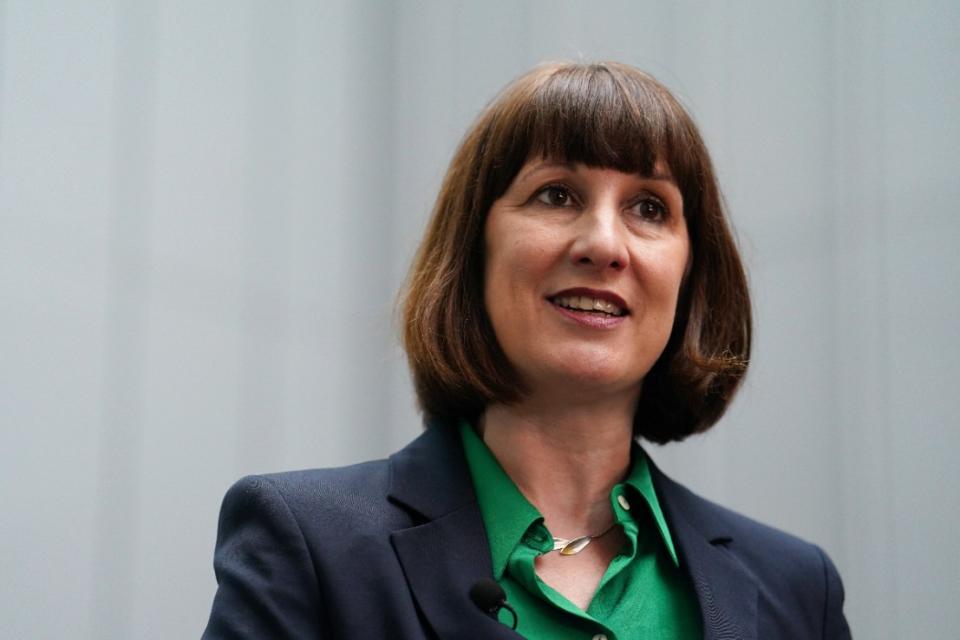IFS joins calls for ‘serious reform’ of capital gains tax

Capital gains tax (CGT) should be subject to “serious reform” in the budget if the Chancellor wants to raise revenue and boost growth, a leading think tank has said.
Rachel Reeves is reportedly considering a range of tax hikes in the budget, including to CGT, as she seeks to put the public finances on surer footing.
The Institute for Fiscal Studies (IFS) said the current design of CGT “reduces UK productivity and growth” by discouraging investment and distorting the flow of capital in the economy.
CGT is a levy raised on the increase in value of an asset between the points of purchase and sale. It currently raises £15bn a year.
The rate of CGT sits at 20 per cent on all chargeable assets other than residential property, where the tax is levied at 24 per cent on homes that aren’t a primary residence. In contrast, the highest rate of income tax is 45 per cent.
The IFS said it was “unfair” to have differing tax rates on income earned from different assets.
“Ultimately, we advocate aligning marginal tax rates across all forms of gains and income, while reforming the tax base,” the think tank said.
In particular, the IFS said the business asset disposal relief – a preferential rate for business owner-managers – was not well-targeted at entrepreneurship. The government should instead give more generous deductions for investment costs.
The IFS also said inherited assets should be subject to CGT as the current system encourages people to “hold on to assets well past the point at which it is efficient for them to do so.”
Simply hiking rates without more fundamental reform would risk making existing problems worse, it said.
According to HMRC’s own calculations, a 10 percentage point increase in CGT rates could cost the Treasury £2bn by 2027-28 due to changing behaviour.
The think tank noted that higher CGT rates would encourage people to leave the UK before realising gains, but suggested an ‘exit tax’ could be a solution to this problem.
“This would raise practical challenges and the design issues would have to be carefully considered, but the approach is already operated by some other countries,” the think tank noted.
Australia and Canada are among the major economies which currently have an exit tax. The IFS noted that new arrivals would be exempted on gains made from abroad.
“The new Chancellor should use her first Budget to create a capital gains tax that is fairer and more growth-friendly,” Helen Miller, deputy director at the IFS said.
“The only way to do this is to reform the tax base alongside increasing tax rates,” she said.
A number of left-leaning think tanks, including the Resolution Foundation and the Institute for Public Policy Research (IPPR) have called for the government to reform CGT.